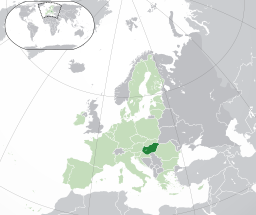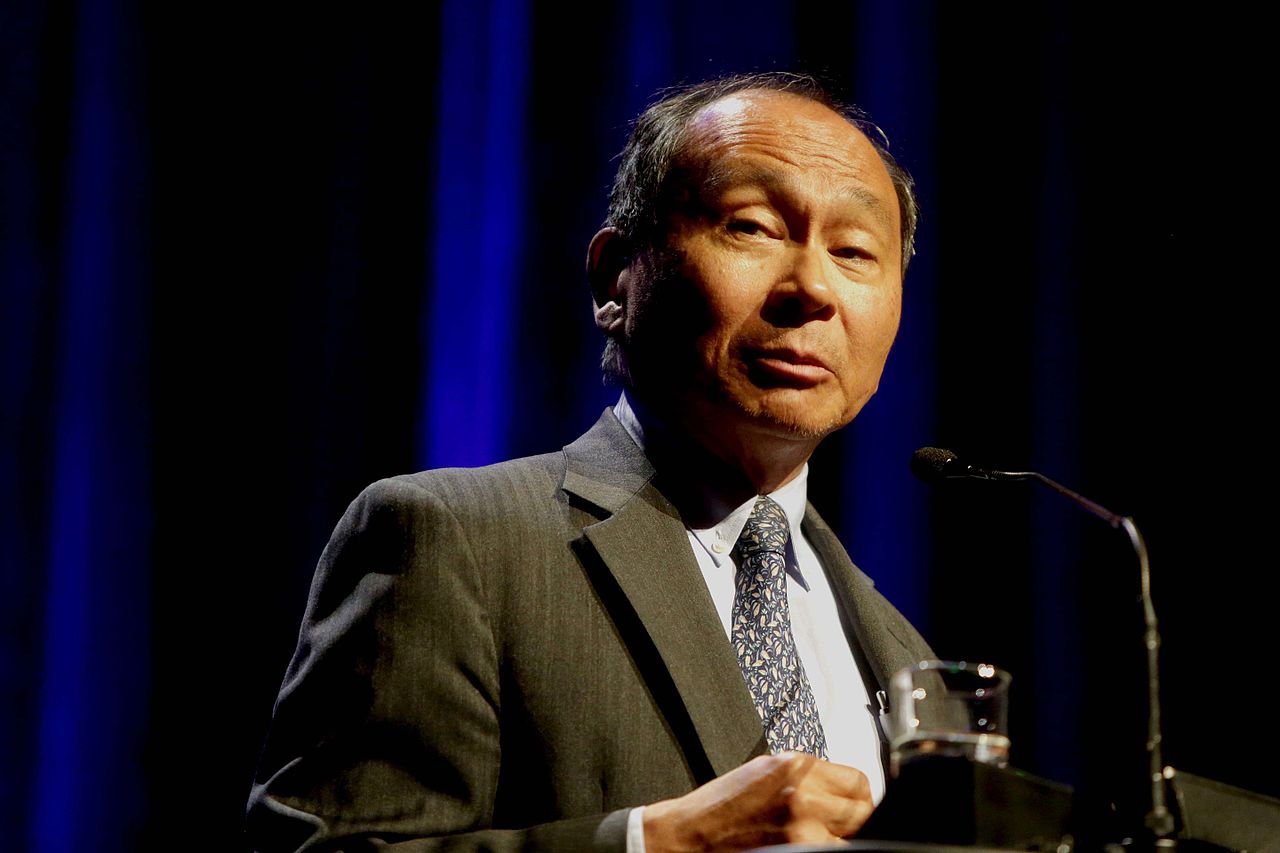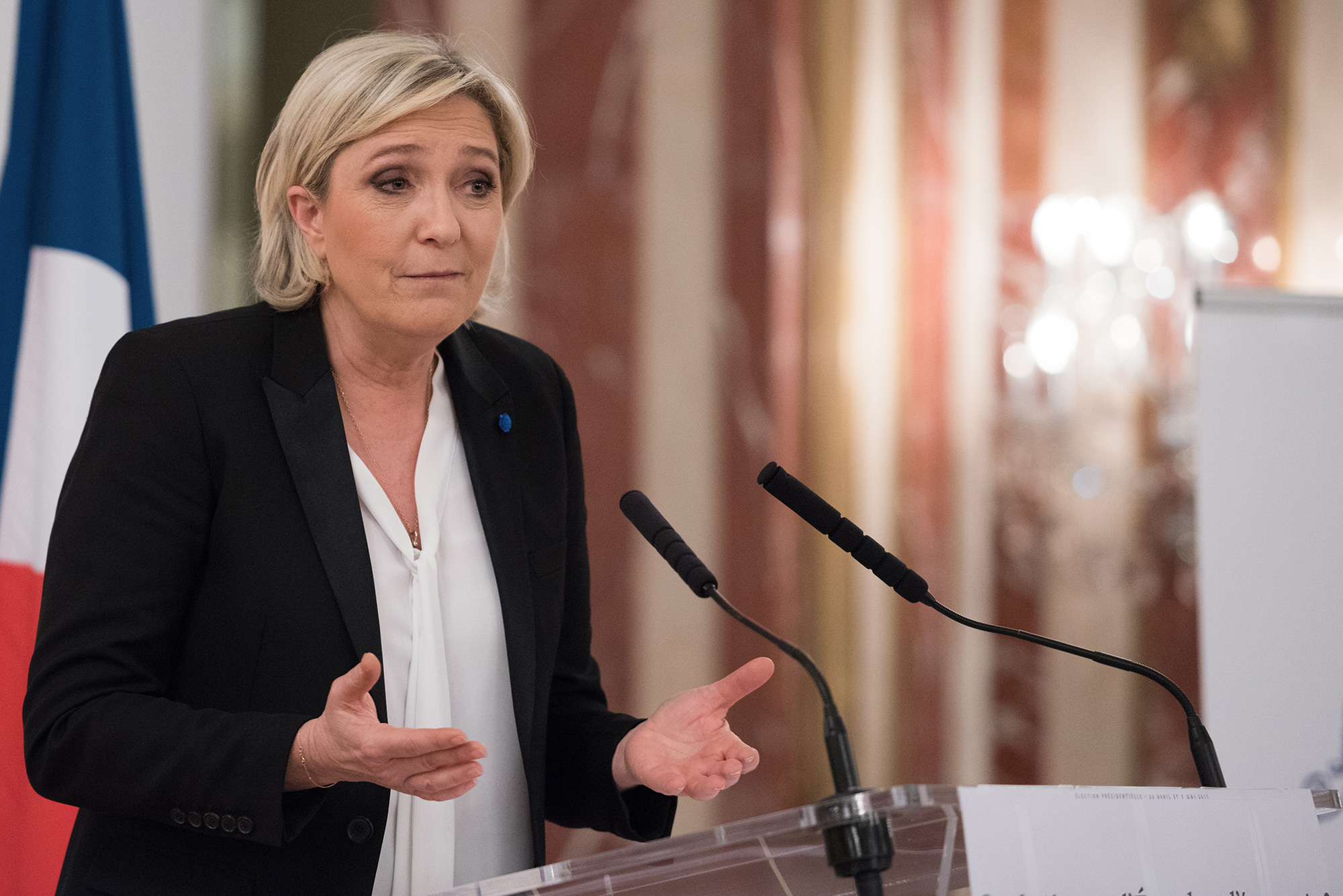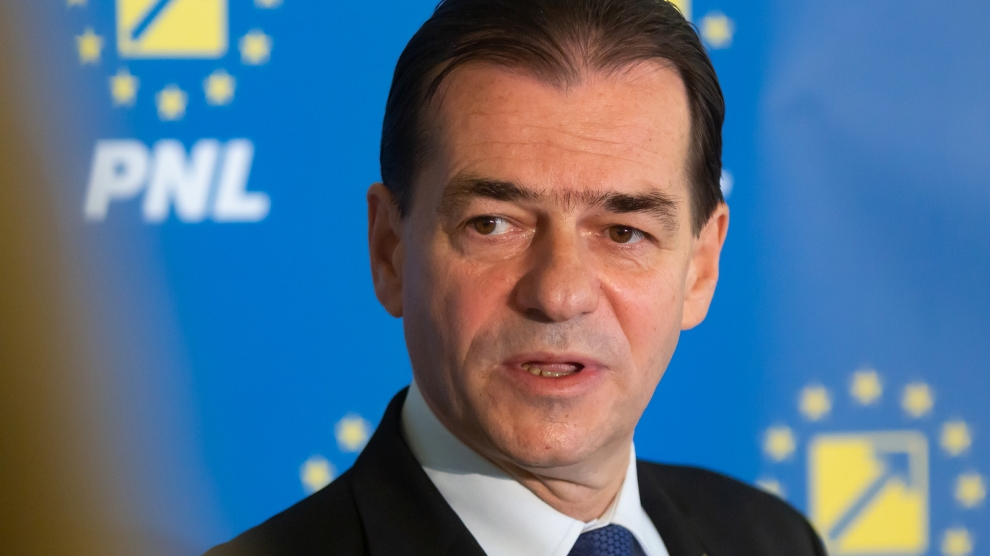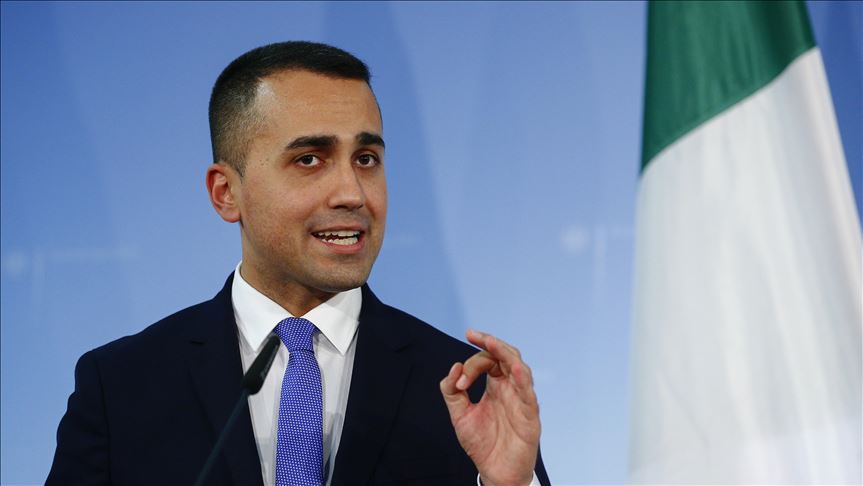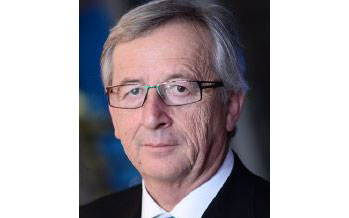[vc_row][vc_column width=”1/2″][vc_column_text]
Hungary
The light green area is the rest of the European Union
Hungary was the 55th largest economy in the world by nominal GDP in 2018. GDP per capita is $15,939. It is a small open economy with trade at 168 percent of GDP in 2018. It is ranked 38th in the World Bank's Human Capital Index and 15th in terms of Economic Complexity. It is a member of the EU and OECD. Services was the largest economic sector in 2018 (54 percent of GDP), followed by manufacturing (19 percent), and agriculture (3.6 percent). In 2017, the largest export sectors were services (18.85 percent), machinery (18 percent), electronics (16 percent), vehicles (14.2 percent), and chemicals (11.7 percent). The largest individual exports were ICT services (9.5 percent), cars (8 percent), car parts (4.8 percent), transport services (4.7 percent), and travel and tourism (4.4 percent). Its largest export partners were Germany (26 percent) and Romania (5.2 percent). The largest goods imports were car parts (5.3 percent), and cars (4.12 percent). Hungary began to industrialise within the Austro-Hungarian empire from the 1890s as a developing bourgeois class began investing but industry remained relatively small prior to World War Two. Post war, the economy grew rapidly due to reconstruction and increased industrialisation, but collectivisation had a negative impact on agriculture. Following the 1956 uprising, economic control was lightened and the economic responded with faster growth but by the late 1970s the economy was stagnating, and the government borrowed heavily to maintain spending. Following the fall of communism, Hungary experienced a difficult transition with a three-year recession, high inflation, and rising unemployment. A stronger commitment to reforms from 1995 led to a recovery and strong economic growth. The reforms included increased privatisations and better fiscal management. Hungary was hit hard by the global financial crisis of 2008-09 as export demand and domestic consumption fell. Growth has recovered in recent years due to increased EU funding, increased exports to the EU, and a rebound in household consumption.
[/vc_column_text][vc_column_text] Its population in 2018 was 9,688,847 [1]
Its population in 2018 was 9,688,847 [1]
 In 2015, 15.56% of its total energy
In 2015, 15.56% of its total energy
consumption was renewable [2]
 In 2021, its GDP grew by 7.10% [2]
In 2021, its GDP grew by 7.10% [2]
 In 2021 it had a negative Current
In 2021 it had a negative Current
Account Balance of US$bn 1.75 [3]
 Its unemployment rate in 2021 was 4.07% [3]
Its unemployment rate in 2021 was 4.07% [3]
 Its Expenditure on R&D (as a percentage of
Its Expenditure on R&D (as a percentage of
GDP) in 2020 was 1.61% [2]
 A Big Mac will set you back the
A Big Mac will set you back the
local equivalent of US$3.03 [4]
What free trade areas or economic unions is it a member of?
Member of the European Union (EU) since 01/05/2004
Other members:
Austria, Belgium, Bulgaria, Croatia, Cyprus, Czechia, Denmark, Estonia, Finland, France, Germany, Greece, Ireland, Italy, Latvia, Lithuania, Luxembourg, Malta, Netherlands, Poland, Portugal, Romania, Slovakia, Slovenia, Spain, Sweden
What trade deals are there between European Union and other countries and economic unions?
EU - Andorra Customs Union (from 01/01/1991)
European Single Market (SM) (from 01/01/1993)
EU - Sri-Lanka Co-operation and Partnership Agreement (from 01/04/1995)
EU - Türkiye Customs Union (from 31/12/1995)
EU - Faroe Islands Agreement (from 01/01/1997)
EU - Palestinian Authority Interim Association Agreement (from 01/07/1997)
EU - Tunisia Association Agreement (from 01/03/1998)
EU - Armenia Partnership and Cooperation Agreement (from 09/09/1999)
EU - Morocco Association Agreement (from 01/03/2000)
EU - Israel Association Agreement (from 01/06/2000)
EU - Mexico Global Agreement (from 01/10/2000)
EU - San Marino Customs Union (from 01/04/2002)
EU - Jordan Association Agreement (from 01/05/2002)
EU - North Macedonia Stabilisation and Association Agreement (from 01/04/2004)
EU - Pakistan Co-operation agreement (from 29/04/2004)
EU - Egypt Association Agreement (from 01/06/2004)
EU - Chile Association Agreement and Additional Protocol (from 01/03/2005)
EU - Algeria Association Agreement (from 01/09/2005)
EU - Lebanon Association Agreement (from 01/04/2006)
EU - Albania Stabilisation and Association Agreement (from 01/04/2009)
EU - Pacific States Interim EPA (from 20/12/2009)
EU - Montenegro Stabilisation and Association Agreement (from 01/05/2010)
EU - Central America Association Agreement (from 01/08/2013)
EU - Serbia Stabilisation and Association Agreement (from 01/09/2013)
EU - Bosnia and Herzegovina Stabilisation and Association Agreement (from 01/06/2015)
EU - South Korea Free Trade Agreement (from 01/07/2015)
EU - Kosovo Stabilisation and Association Agreement (from 01/04/2016)
EU - Georgia Association Agreement (from 01/07/2016)
EU - Moldova Association Agreement (from 01/07/2016)
EU - Canada Comprehensive Economic and Trade Agreement (CETA) (from 21/09/2017)
EU - Eswatini (SADC) Economic Partnership Agreement (from 05/02/2018)
EU - Lesotho (SADC) Economic Partnership Agreement (from 05/02/2018)
EU - Mozambique (SADC) Economic Partnership Agreement (from 05/02/2018)
EU - Namibia (SADC) Economic Partnership Agreement (from 05/02/2018)
EU - South Africa Economic Partnership Agreement (from 05/02/2018)
EU - Botswana (SADC) Economic Partnership Agreement (from 05/02/2018)
EU - Japan Economic Partnership Agreement (from 01/02/2019)
EU - Eastern and Southern Africa States free trade agreement (from 07/02/2019)
UK - EU Trade Deal (from 01/01/2021)
[/vc_column_text][vc_column_text]What trade deals are there with other countries and economic unions?
None
[/vc_column_text][/vc_column][vc_column width=”1/2″][vc_column_text]The View From Belgium: Top Banker Pleads for Caution
Liberalism and Its Discontents: Francis Fukuyama on the Future of History
A Perfect Storm Perfected: EU Battles String of Calamities
EXIM Hungary: Hungary’s Export Expert has Strong Focus on Finance and Foreign Market Expansion
Orban on Orbán: Cease and Desist, Your Position Is Untenable
EU: Stage Set for Clash
Smoke and Mirrors Line the Fringes of the Pandemic
Jean-Claude Juncker
MIGA (World Bank) – A New Boon for Emerging-Market Financing: Achieving Investment-Grade Bonds with MIGA’s Credit Enhancement
Trade with the United Kingdom
Source: UK Office for National Statistics, October 2022.
Contains public sector information licensed under the Open Government Licence v3.0.
Loading, Please Wait!
This may take a second or two.













































































